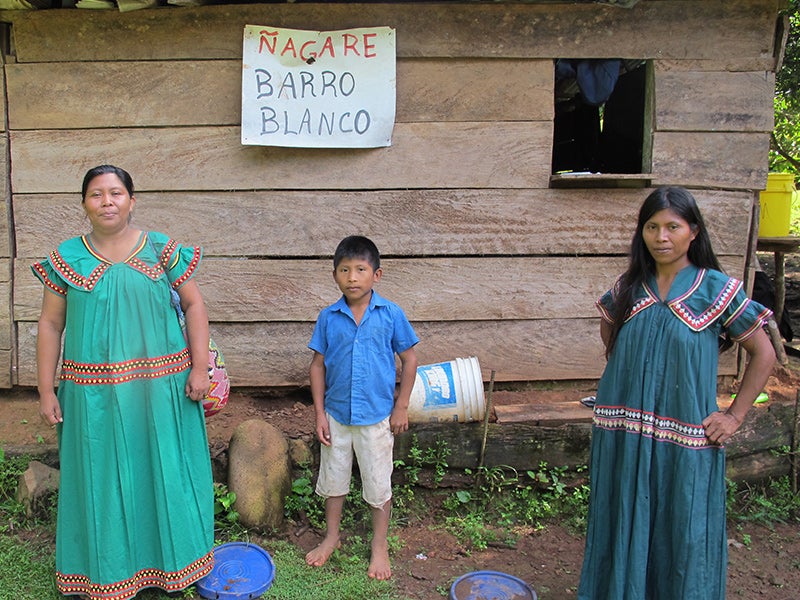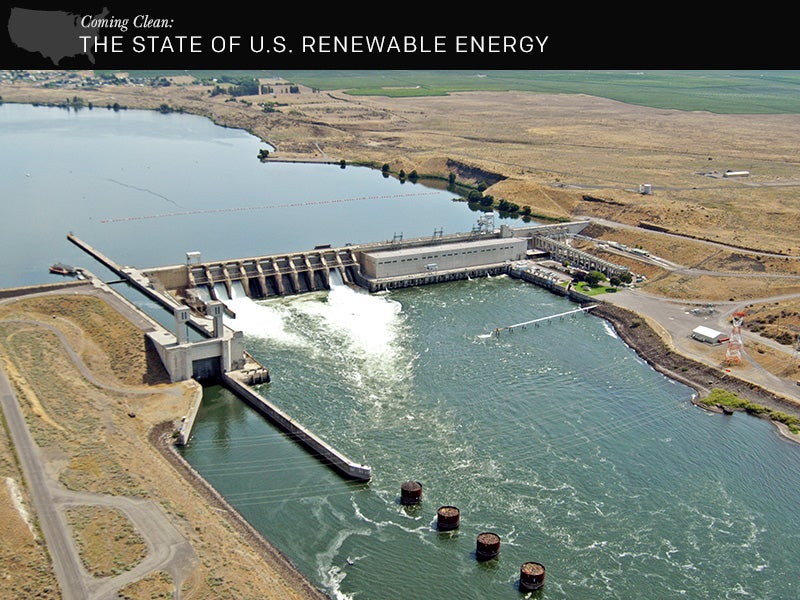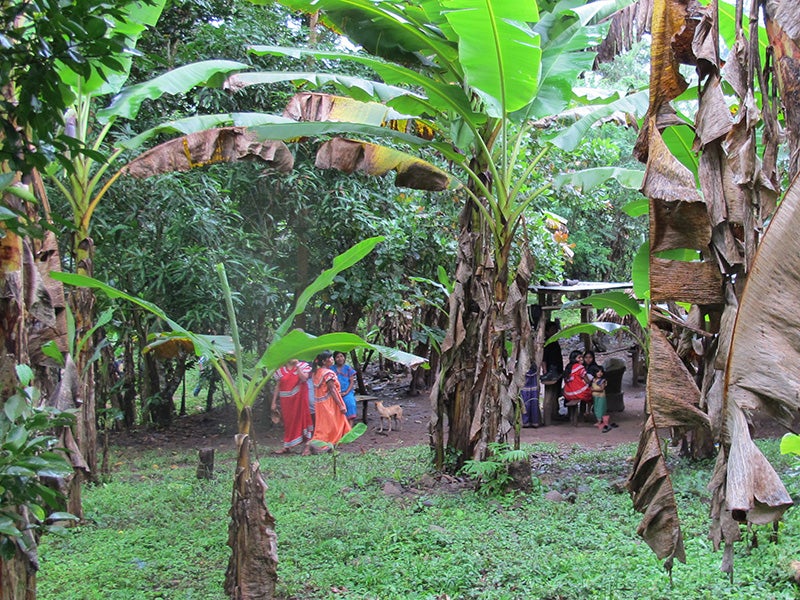Challenging a Panamanian Dam Project
The Panamanian government’s approval of the Barro Blanco hydroelectric dam project disregarded the environmental impacts of the dam to indigenous peoples and violated their rights to consultation and territories. The project's registration under the Kyoto Protocol's Clean Development Mechanism highlights the need to ensure stronger protections of human rights in efforts to address climate change.
Regional Office / Program
Case Overview
Supporting a lawsuit filed by the Environmental Advocacy Center, Panamá (CIAM), the Interamerican Association for Environmental Defense (AIDA), the Center for International Environmental Law (CIEL) and Earthjustice argued that the Panamanian government violated international law by approving the Barro Blanco hydroelectric dam project without adequately consulting or obtaining the free, prior and informed consent of the affected Ngӓbe-Buglé indigenous peoples, and without adequately reviewing the environmental impacts to their lands.
Once completed, the dam is projected to flood homes and religious, archaeological and cultural sites in the Ngӓbe-Buglé territories. The Barro Blanco dam will transform the Tabasará River from a vibrant source of food and water into a stagnant lake ecosystem, and it will lead to the forced relocation of several families. Following a visit with indigenous communities in Panama in July of 2013, U.N. Special Rapporteur on the Rights of Indigenous Peoples James Anaya concluded that the government should have ensured adequate consultation with the Ngäbe people before authorizing the project.
The Barro Blanco project has also received criticism related to its registration under the Clean Development Mechanism (CDM), a carbon-offsetting scheme established under the Kyoto Protocol. In theory, the CDM—with its dual objectives of reducing carbon emissions and achieving sustainable development—could be a valuable tool in the fight against climate change. However, among other problems, the CDM fails to ensure that its projects do not violate human rights.
In February 2014, environmental and human rights organizations submitted an urgent appeal to United Nations Special Rapporteurs on behalf of members of the indigenous Ngöbe community. The urgent appeal, submitted by the Ngöbe organization Movimiento 10 de Abril para la Defensa del Rio Tabasará (M10) and three international NGOs, the Interamerican Association for Environmental Defense (AIDA), the Center for International Environmental Law (CIEL), and Earthjustice, asks the Special Rapporteurs to call upon the State of Panama to suspend the eviction process and dam construction until it complies with its obligations under international law. Given that the project is financed by the German and Dutch development banks (DEG and FMO, respectively) and the Central American Bank for Economic Integration (CABEI), the groups also urge the Special Rapporteurs to call on Germany, the Netherlands, and the member States of CABEI to suspend financing until each country has taken measures to remedy and prevent further violations of the Ngöbe’s human rights.

Case Updates
Case page created on August 30, 2013.

